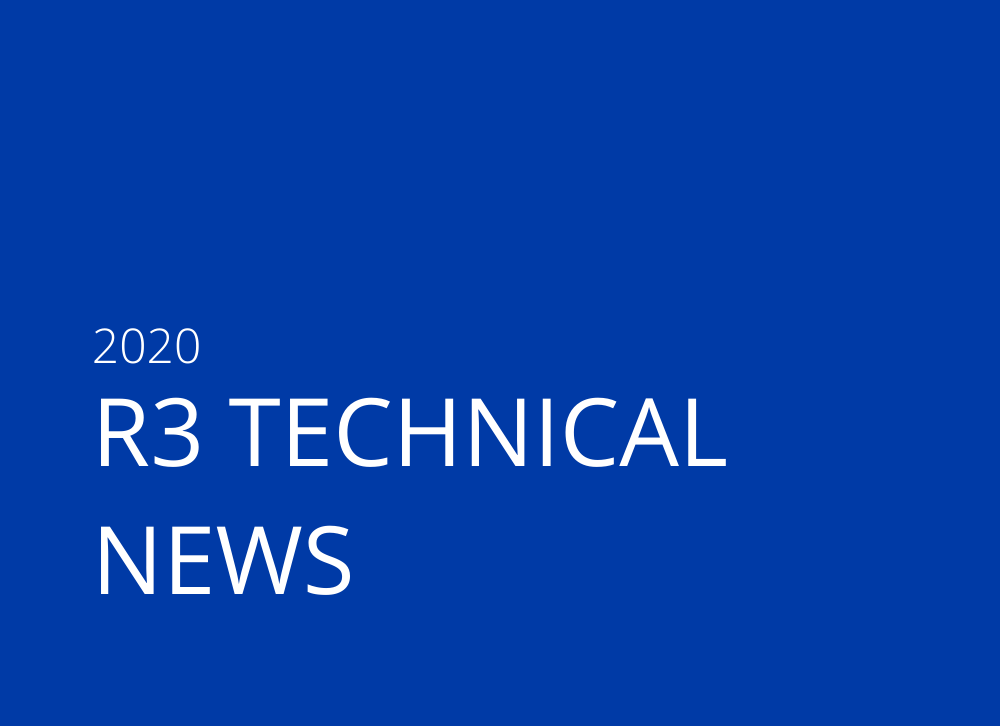
After 47 years of membership, the United Kingdom (‘UK’) will leave the European Union (‘EU’) on 31 January 2020. The question for insolvency and restructuring professionals is ‘What is the impact on cross-border corporate recovery and insolvency?’
The short answer is… there is no immediate impact.
The Withdrawal Agreement confirms that EU regulations will continue to apply until the end of a ‘transition period’. The Government has been clear that this period will last no longer than 31 December 2020 and the European Union (Withdrawal Agreement) Act 2020 ('WAA') which received Royal Assent on 23 January specifically prohibits the Government from agreeing an extension..
A reminder of the EU regulations
The current EU regulations allow automatic recognition of UK insolvency procedures across the EU, and vice versa, and form a vital part of the UK’s insolvency and restructuring environment.
Cross-border insolvency and restructuring procedures within the EU are supported by the Recast Insolvency Regulation (Regulation (EU) 2015/848 of the European Parliament and of the Council of 20 May 2015 on insolvency proceedings (recast)). The Recast Insolvency Regulation codifies how a Member State should determine whether it has jurisdiction to open insolvency proceedings and imposes a uniform approach to the governing law which is applicable to those proceedings (i.e. the insolvency law where the proceedings have been commenced). For these purposes a mandatory regime for jurisdiction is applied and is dependent upon the location of a debtor’s centre of main interests (COMI) where main proceedings can be commenced, or an establishment for secondary or territorial proceedings. Generally speaking, the governing law of the main insolvency proceedings determines its effects throughout the Member States, although there are general exceptions which include (amongst others) rights in rem, set-off, ROT clauses, and rules relating to payment systems.
Excluding Denmark, all EU member states are subject to the Recast Insolvency Regulation, requiring that, without any formality, each member state recognises insolvency proceedings commenced in another member state. This mechanism ultimately aids the realisation and distribution of assets of insolvent estates across Europe .
Post-31 December 2020
The framework beyond 31 December 2020 is unknown and will be dependent on a trade deal with the EU being agreed, and whether that deal includes some sort of replacement for the current automatic recognition of UK insolvency procedures across the EU, and vice versa. In the absence of an agreement, the UK will still leave the current EU framework for recognition of court judgments and insolvency proceedings on 31 December 2020 unless the transition period is extended. Such an extension is unlikely and would require primary legislation to override the prohibition in the WAA.
If the trade deal fails to address automatic recognition, UK insolvency proceedings would no longer be recognised automatically by the remaining EU member states and it would be possible for proceedings to be commenced in relation to the same debtor/assets in the UK and EU Member States, but with limited rules on how to cooperate or determine any disputes in relation to those proceedings.
What options are available for insolvency professionals?
In the absence of a deal on insolvency, there are still some routes to recognition for UK and EU practitioners.
With regards to ‘incoming’ recognition requests from the EU (and other states) to the UK courts, the procedure will usually be covered by the Cross-Border Insolvency Regulations 2006 (‘CBIR’) which incorporate the UNCITRAL Model Law (Model Law). However, recognition via the CBIR still adds time, cost and complexity to the recognition process, as a court application is required. Recognition of insolvency proceedings is not automatic under the CBIR as it is under the Recast Insolvency Regulation. The aim of the CBIR is to give assistance in the UK where it is sought by a foreign court or foreign representative in connection with a foreign insolvency proceeding. Other mechanisms for assistance pursuant to s426 Insolvency Act 1986 (limited to a defined list of countries, largely former commonwealth countries, but including Ireland) or based on common law principles may also be available in the UK.
To equal effect, ‘outgoing’ recognition and assistance may be sought by UK insolvency office holders from the courts of a foreign state in relation to a UK insolvency proceeding where that foreign state has adopted the Model Law. Unfortunately, the Model Law has not been adopted by the UK’s main EU trading partners and so will not be available to UK office holders when asking courts in those non-adopting states for recognition and assistance. Those EU states which have adopted the Model Law are: Greece; Poland; Romania; and Slovenia.
(Outside of Europe, legislation based on the Model Law has been adopted in a number of countries, including Singapore, Chile, Philippines, Canada, Australia, New Zealand, BVI, Japan, South Africa, as well as the USA.)
Where the Model Law is not available, UK insolvency office holders would instead need to apply to the courts of each member state in which relevant assets may be located for recognition of their appointment and to seek the appropriate assistance in recovering or realising those assets. The consequences of seeking recognition would be additional time, costs and complexity to the realisation process. In addition, recognition will be dependent on the willingness of foreign courts to grant recognition orders, which has historically been unpredictable and is subject to a patchwork of local law rules.
R3 members can provide advice on a range of business and personal finance issues. To find an R3 member who can help you, click below.

 Ben Luxford
Ben Luxford Moira Fitzpatrick
Moira Fitzpatrick
